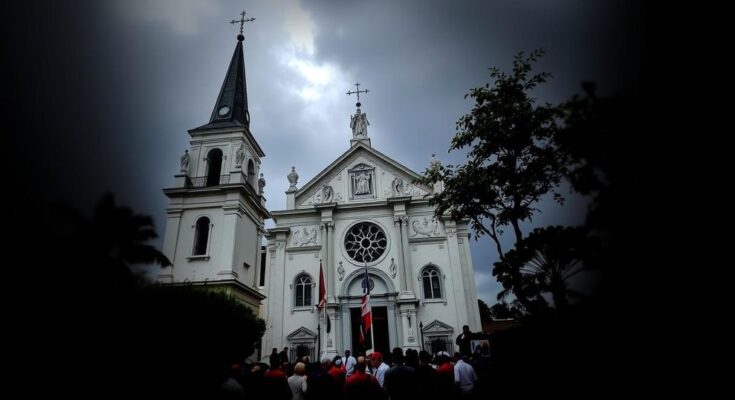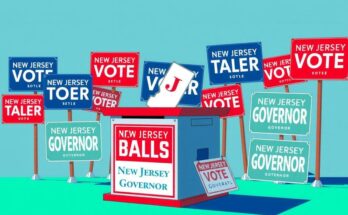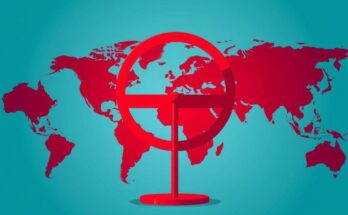The Nicaraguan government has shut down hundreds of religious organizations, including Catholic entities, mandating them to declare income and pay taxes. This expansion of control is perceived as an effort to weaken church influence, particularly as it serves as a platform for opposition against the Ortega regime. Critics denote this approach as a means to ‘financially suffocate’ the Church and inhibit its operations, reflecting a broader pattern of repression in Nicaraguan politics.
The Nicaraguan government, under the leadership of President Daniel Ortega and Vice President Rosario Murillo, has intensified its crackdown on religious organizations, particularly targeting the Catholic Church. A recent decree led to the closure of approximately 1,500 civic organizations, including several Catholic institutions, accused of failing to submit financial reports. In an alarming move, all religious groups must now declare their income and pay taxes, effectively imposing financial burdens on them. Critics view these measures as attempts by the regime to undermine the influence of the Church, which is often viewed as a source of opposition. This assault on religious institutions comes amidst a broader repression of civil society in Nicaragua, where the Ortega administration has forcibly dissolved numerous non-governmental organizations since 2018. The regime’s recent decree changes the tax status of churches, now obligating them to pay taxes that could be as high as 30%. Many argue this policy is designed to “financially suffocate” religious entities and diminish their role as a counter to governmental authority. Critics, including religious leaders and political analysts, believe that these actions are indicative of Ortega’s intent to consolidate power and suppress dissenting voices. In a notable case, the Diocese of Granada’s social service agency, Caritas, and the congregation Madre del Divino Pastor, which manages three schools, have faced drastic repercussions. Schools that once operated independently are now being integrated into the state system, stripping away their agency. Reports suggest that church leaders and educators have been forced into exile or faced harassment, reinforcing the regime’s hostile posture towards religious institutions. Pope Francis has expressed concern for the Nicaraguan population, urging them to maintain hope amidst these trials. Ultimately, these developments mark a troubling chapter in Nicaragua’s socio-political landscape, as the intersection of governance and religious freedom faces unprecedented threats. The Ortega regime appears intent on utilizing financial mechanisms as tools for control over the Church, aiming to eliminate any potential opposition. Observers fear this onslaught against religion is part of a broader strategy to cement a singular narrative aligned with the regime’s authoritarian goals. This ongoing situation catalyzes urgent discussions regarding human rights, freedom of expression, and the role of religious organizations in political dissent. As the global community watches closely, the future of the Church and civil society in Nicaragua hangs precariously in the balance.
The current political climate in Nicaragua has been characterized by increasing authoritarian measures enacted by the Ortega administration. Since coming to power, Daniel Ortega’s government has targeted various groups and organizations deemed oppositional, particularly civil society and religious institutions. The Church has historically played a crucial role in opposing government oppression and advocating for social justice, making it a prime target for repression. Amidst a documented track record of suppressing dissent, the Ortega regime’s latest actions against religious entities signal a broader strategy aimed at controlling all facets of societal life, including the voices within the religious domain.
In conclusion, the Nicaraguan government’s crackdown on the Catholic Church and other religious organizations represents a significant escalation of its authoritarian practices. By imposing stringent financial regulations and shutting down numerous non-profits, the Ortega administration seeks to eliminate potential sources of opposition and consolidate power. As the Church faces increased state intervention and scrutiny, both local and global observers express grave concern about the implications for religious freedom and civil rights in Nicaragua.
Original Source: cruxnow.com




